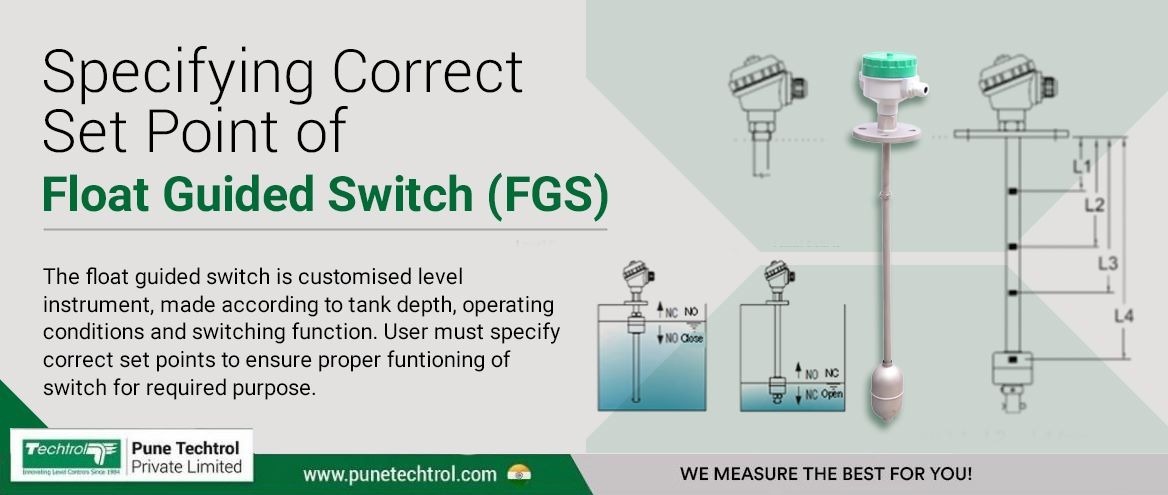FIVE THINGS TO CONSIDER BEFORE MEASURING LEVEL IN SOLIDS
Measuring the level of solids and powders of bulk volume in any vessel can be comparatively a bit challenging than that of liquids. The level of solids is unpredictable as they accumulate in uneven shapes in storage silos and hence difficult to measure.
In this article, we shall discuss some key factors that you should take into consideration before you decide to measure levels of solids.
-
Types of level measurement /monitoring
The process application decides the type of instrument required and its function. There are two types of major level measurement or monitoring gears that can be used solid level measurement depending on the kind process applied in the industry:
- The detection and control of the level can be very well be achieved with the help of different types of switches. Switches are versatile, reliable, and robust in their function. The easy-to-install level switches come in various sizes and make.
- Level Transmitters, on the other hand, are useful for the continuous monitoring of the level in the silos. The process application and functional requirement you choose, decide the type of instrument required. There are ranges of Level transmitters that offer high temperature and pressure operations suitable for remote programming as well.
-
Nature of solids
Identifying the nature of solids is crucial as it will help in selecting the appropriate type of equipment for Level measurement. The nature of solids can be either free-flowing or they can be hygroscopic. The shifting nature of uneven surfaces in solids makes it difficult to make assumptions. The surface levels of solids, unlike liquids, are not the same throughout the vessel.
- Free-flowing solids such as cement, limestone, and other powders need conducive level measuring equipment.
- Hygroscopic solids are prone to absorbing moisture and lump formation. Hence, opting for a suitable Level Measuring Instrument is also vital.
-
Properties of solid
Another factor to look for while choosing the equipment for measuring the levels in solids is studying the physical properties of the solid. Examine the particle size, bulk density as well as the dielectric constant of the solid.
- Particle Size: This can range from fine powder to coarse materials. The space between the particles determines the extent of lump formation.
- Bulk Density (BD) and Dielectric Constant (DC): Many solids have low BD and DC values. These factors to be looked out for if you opt for level measurement with the radar technology.
Knowing the properties of the solids will assist in the selection of appropriate instrument which would perform with the required accuracy and precision. If the equipment zeroed down is a perfect fit, then you can avoid breakdowns or errors in the results.
-
Operating conditions
Considering the minimum and maximum limits of operating temperature & pressure are important. Temperature and pressure are the conditions that keep fluctuating and being in the industrial business you would not want mishaps due to in-dept equipment.
Understanding these conditions will help in selecting the right design of the instrument that can withstand all foreseen conditions.
-
Area classification
As per the statutory norms and industry standards the area (hazardous, non-hazardous) within which the equipment and machinery are set up, requires to be informed to the level measuring instrument manufacturers. The environment where the liquids are handled can be hazardous, non-hazardous or dusty. Studying this part can help to choose the instrument enclosure with appropriate protection of weatherproof (IP)/flameproof that can function seamlessly in the respective environments.
If all of these five factors are considered for level measurements of solids, then you are good to go out to choose the proficient equipment that can cater to your requirements in diverse processes.
.jpg)


